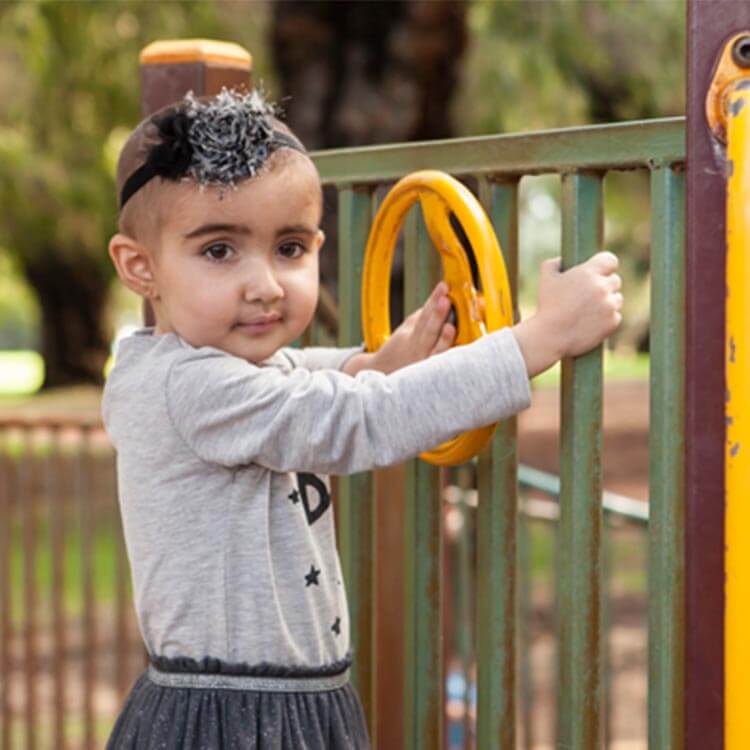Search

Research
Evaluation of the Community Playgroup ProgramThis evaluation explored the facilitators & barriers that influence Community Playgroup attendance, and the impact of attending playgroups on child development.
Research
Public Health Approach to Child Abuse and Neglect: Antecedents and Outcomes (Apr 2012 to Jun 2019)This project uses longitudinal population data provided through the Developmental Pathways in WA Children Project (Developmental Pathways Project).
Research
International research utilizing the Early Development Instrument (EDI) as a measure of early child development: Introduction to the Special IssueThis opening paper presents the background to this Special Issue devoted to new international research using Early Development Instrument
Research
A whole-of-population study of term and post-term gestational age at birth and children's developmentRelative risks of developmental vulnerability for each week of gestation were calculated with adjustment for confounders and addressing missing information.
Research
Evolution of pulmonary inflammation and nutritional status in infants and young children with cystic fibrosisImproved nutrition is the major proven benefit of newborn screening programmes for cystic fibrosis (CF) and is associated with better clinical outcomes.
Research
Responsiveness of the human airway in vitro during deep inspiration and tidal oscillationIn healthy individuals, deep inspiration produces bronchodilation and reduced airway responsiveness, which may be a response of the airway wall to mechanical...
Research
Prematurity-associated lung disease: is it asthma?Shannon Elizabeth Simpson Smith BMedSci (hons), PhD PhD, MSc, BSc Head, Strong Beginnings Research, Co-head Foundations of Lung Disease Program
Research
Parents on the Concept of Physical Literacy: What Do They Know, What Do They Do, and What Do They Want?Physical literacy development in early childhood, viewed by many as the foundation for lifelong physical activity engagement, is significantly influenced by parents. Our aim was to explore parents' understanding of physical literacy and gain insight into their perspectives on physical literacy promotion.
Research
The longitudinal microbial and metabolic landscape of infant cystic fibrosis: the gut-lung axisIn cystic fibrosis, gastrointestinal dysfunction and lower airway infection occur early and are independently associated with poorer outcomes in childhood. This study aimed to define the relationship between the microbiota at each niche during the first 2 years of life, its association with growth and airway inflammation, and explanatory features in the metabolome.
Research
Azithromycin reduces bronchial wall thickening in infants with cystic fibrosisCOMBAT-CF showed that children aged 0-3 years treated with azithromycin did clinically better than placebo but there was no effect on CT-scores. We reanalysed CTs using an automatic bronchus-artery (BA) analysis.
